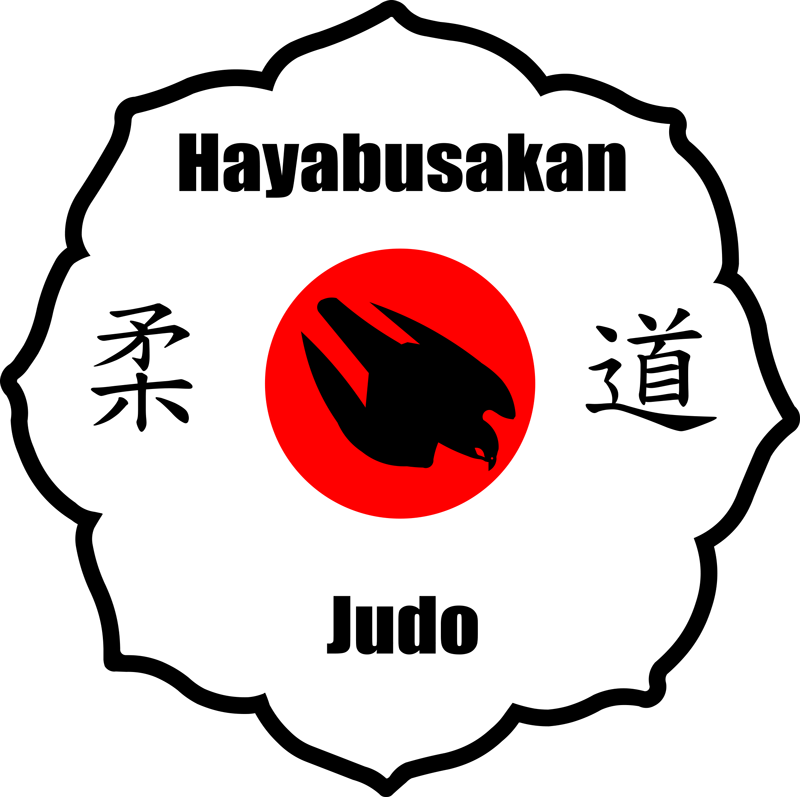Judo, originating from Japan in the late 19th century, is a martial art renowned for its elegance, technical precision, and philosophical depth. Founded by Jigoro Kano, its principles revolve around the concept of yielding to an opponent’s force and using their momentum against them—a true embodiment of the “gentle way.”
At its core, judo is about balance, leverage, and efficient movement. Through throws, pins, and joint locks, judokas aim to control and subdue their opponents. The art emphasizes technique and timing over sheer strength, allowing smaller practitioners to overcome larger adversaries.
Beyond the physical techniques, judo carries a profound philosophy. The “judo moral code,” comprising values such as respect, courage, friendship, sincerity, honor, modesty, and self-control, guides practitioners both on and off the mat. It’s not just a sport; it’s a way of life, shaping individuals to be not just better athletes but better human beings.
The journey of a judoka involves rigorous training, progression through belt rankings symbolizing mastery and growth, and a commitment to continual self-improvement. The pursuit of perfection in techniques is paralleled by the cultivation of personal character and values.
In essence, judo is more than a physical discipline—it’s a harmonious blend of physical prowess, mental fortitude, and ethical principles. Its impact transcends the boundaries of the dojo, influencing practitioners to lead principled lives filled with respect, integrity, and continuous self-betterment.

